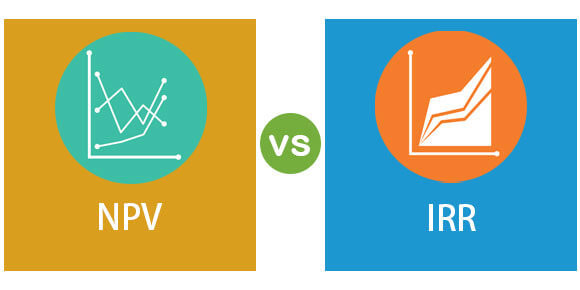Making money as a teenager may be an excellent first step towards achieving financial independence. Still, there is one essential aspect of this process that you must pay attention to taxes. Once their annual income is above a specific threshold, teenagers are subject to the same federal and state income tax obligations as adults. If you are a kid with a part-time job, summer employment, or side business, it is crucial to know when you are liable to tax and how to pay it. This is especially true if you earn money from a source other than your parents.
Should Teens And Young Adults File Taxes?
Due to the fact that each adolescent's circumstances are unique, the question of whether or not minors are required to file tax returns cannot be answered with a simple yes or no. Although being a juvenile does not preclude an adolescent from paying taxes, it does not necessarily imply that they are obliged to submit a tax return that is different from the one their parents file. If you are a citizen of the United States or a permanent resident and made more than a specific amount of money in a given year, you must submit a tax return.
The dependence status of the minor, in addition to their level of income, are the two primary determinants of whether or not the minor is required to pay taxes or submit their tax return.
Dependency Status
If a child is claimed as a dependant on their parent's tax return, that child does not need to file their return unless their income is above a threshold. A minor is defined as someone who meets the following criteria:
- Is under the age of 19 or the age of 24 if attending school full-time.
- Not be able to support themselves financially for more than half the year
- Live at home with their parents for more than half the year.
Children and other eligible relatives can count as dependents. For instance, a teenager who moves away from their parent's house and in with a grandmother or aunt may be eligible to be claimed as a dependant by one of these relatives provided they match the aforementioned requirements. In addition, a dependant must be under the age of 26 and a citizen, permanent resident, or national of the United States, Canada, or Mexico who is unmarried.

If a minor passes the dependent test, their income will be used to determine if they must submit a tax return. As was previously established, a kid must file their return if their income reaches a certain threshold.
Financial the Thresholds
The Internal Revenue Service (IRS) looks at both earned and unearned income to decide whether an adolescent must submit a tax return.
Salary, earnings, tips, professional fees, and other payments paid for services rendered are all examples of earned income. Earned income includes things like a teen's part-time job at McDonald's or the lawn they cut on the weekends during the summer.
Investment income, such as interest, dividends, capital gains, rent, royalties, and so on, is considered "unearned income." The IRS likewise considers trust distributions of interest, dividends, capital gains, or other forms of unearned income. For the 2022 tax year, the following thresholds apply to various forms of income:
- $12,950 for those with working dependents
- Unearned income dependents: $1,1506
Now, if a youngster has both earned & unearned money, things might become complicated. In that situation, they should tally up all of their earned and unearned income to determine if they need to file taxes. If a kid has a combined gross income of $1,150 or more in 2022, that's more than the limit on earned income for their age group (up to $12,550) plus $400, so they'll need to file taxes.

Consider a youngster with $1,200 in savings and $13,000 in a job, respectively. Both criteria would be met, so they must submit a separate return. Let's assume this same teenager also earned $600 from working and had $200 in investment income. Their overall revenue of $800 ($600 in earned income + $200 in unearned) is less than the threshold of $1,150. Thus, they do not need to file a return.
Bottom Line
Knowing when to file might help clear any confusion about filing taxes as a teen. Conversing with your parents about taxes & the date you'll need to start paying them will help smooth the way. If you anticipate receiving a tax return, you might also discuss the most beneficial ways to spend that money.




